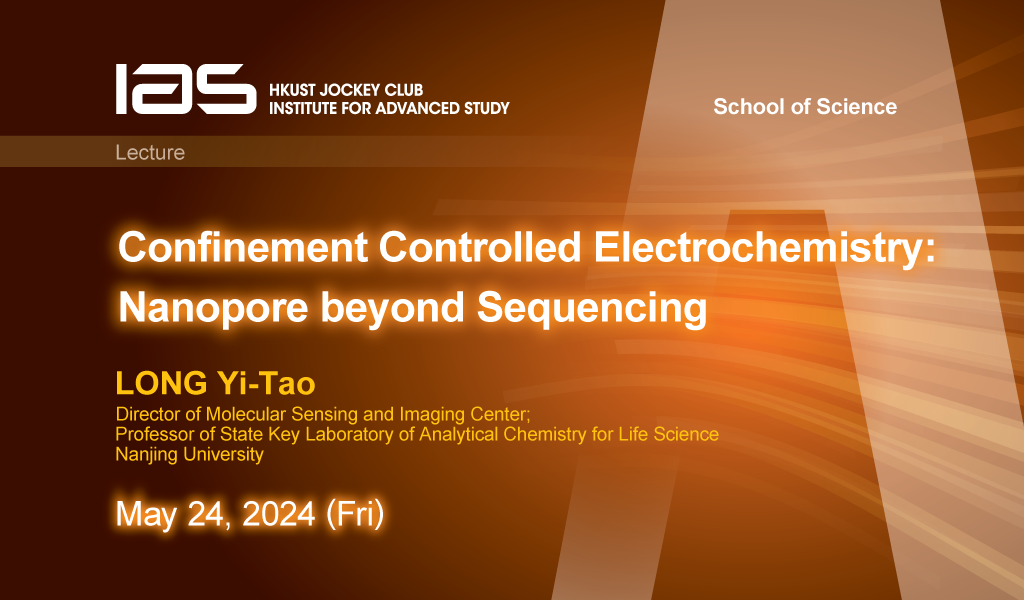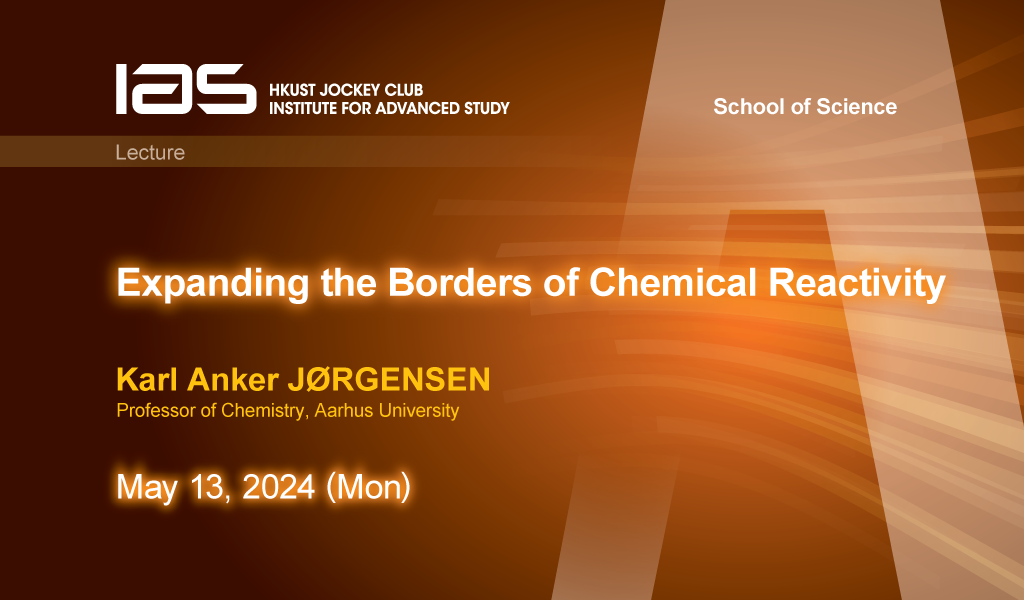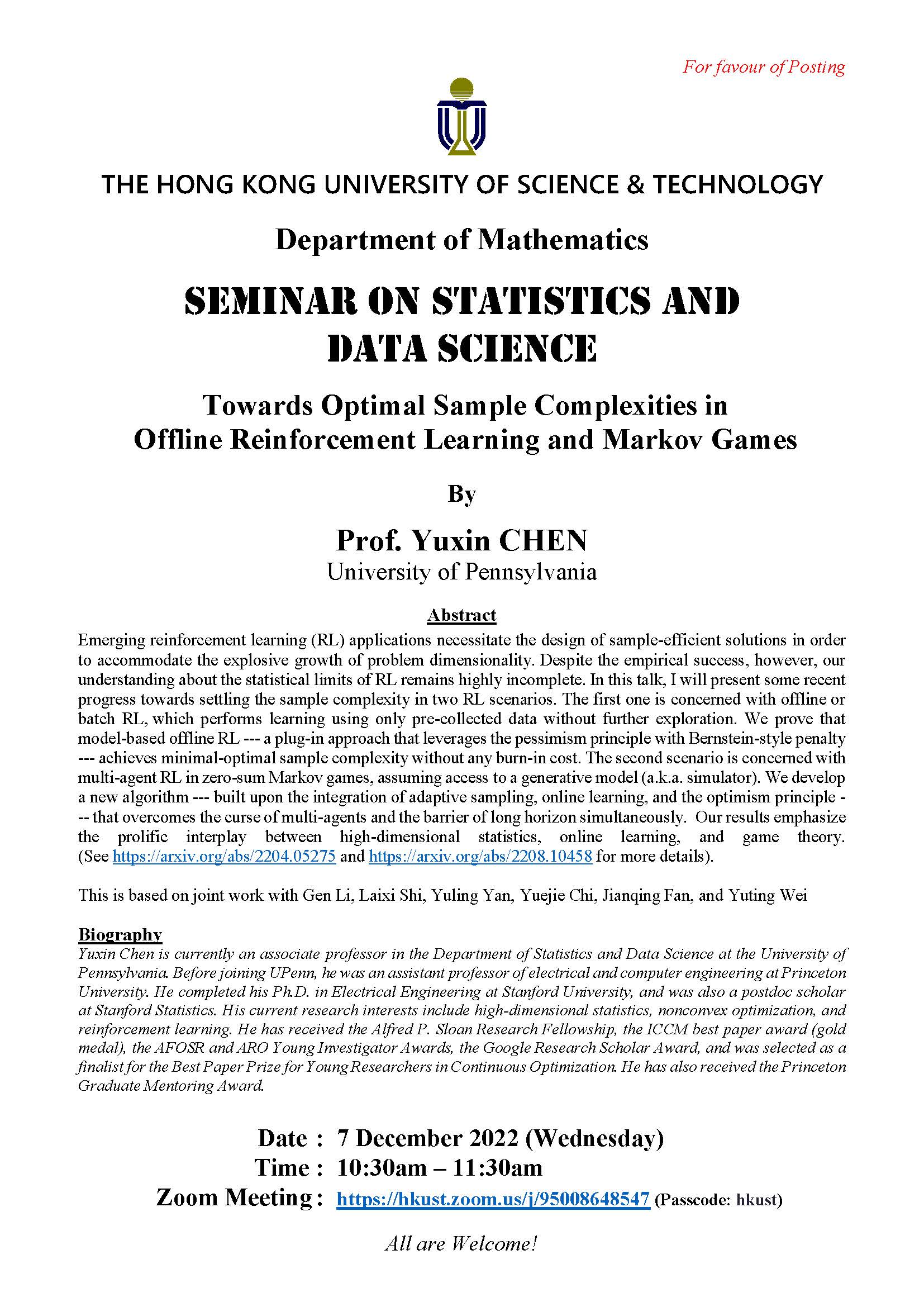Emerging reinforcement learning (RL) applications necessitate the design of sample-efficient solutions in order to accommodate the explosive growth of problem dimensionality. Despite the empirical success, however, our understanding about the statistical limits of RL remains highly incomplete. In this talk, I will present some recent progress towards settling the sample complexity in two RL scenarios. The first one is concerned with offline or batch RL, which performs learning using only pre-collected data without further exploration. We prove that model-based offline RL --- a plug-in approach that leverages the pessimism principle with Bernstein-style penalty --- achieves minimal-optimal sample complexity without any burn-in cost. The second scenario is concerned with multi-agent RL in zero-sum Markov games, assuming access to a generative model (a.k.a. simulator). We develop a new algorithm --- built upon the integration of adaptive sampling, online learning, and the optimism principle --- that overcomes the curse of multi-agents and the barrier of long horizon simultaneously. Our results emphasize the prolific interplay between high-dimensional statistics, online learning, and game theory. (See https://arxiv.org/abs/2204.05275 and https://arxiv.org/abs/2208.10458 for more details).
This is based on joint work with Gen Li, Laixi Shi, Yuling Yan, Yuejie Chi, Jianqing Fan, and Yuting Wei.

University of Pennsylvania



